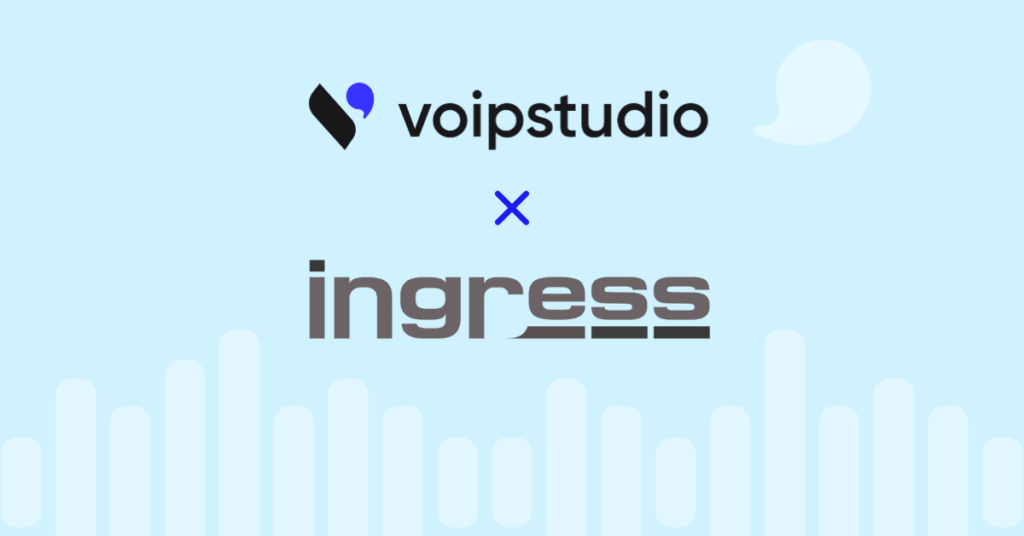
Table of contents
The year 2017 saw quite a few changes in the Internet landscape. Challenges to net neutrality are not new but the latest change may very well affect how we use it. Now that the net neutrality rules are no longer in effect, what can we expect going forward? How will this impact VoIP providers and services?
Now that the old net neutrality rules are going to be dismantled, it raises new questions for VoIP service providers. Essentially net neutrality forbids ISPs from charging different rates for users based on location, type of data, website or service. They also cannot charge for so called ‘fast lanes’ where some services would benefit from faster speeds than others.
This level playing field has benefited VoIP providers as well. Since VoIP routes voice data over the Internet, vendors are at the mercy of Internet service providers. Net neutrality meant that ISPs couldn’t charge customers extra for carrying their voice calls. They also could not offer different bundles – with and without voice capabilities for instance. At the same time, vendors didn’t have to pay ISPs extra to transmit their data on the fast lanes or otherwise face throttling.
In the absence of such rules, the market becomes a free for all. New operators won’t be able to compete with their more established counterparts since they can’t afford the extra charges to reach their customers. Startups might never even get off the ground in the face of such exorbitant charges. But that’s not the only issue facing the VoIP market today.
The Difference between VoIP and Traditional Phones
Analog phone carriers have long operated under the common carrier category. It means that they have an obligation to provide services even in places where it may not be the most profitable. They also have to pay taxes and fees into a special fund that is used to offer phone access to underserved populations.
VoIP providers don’t have the same obligations. That translates to better prices for users since the operators pay no taxes or fees. As long as VoIP was a niche segment, this arrangement suited everyone just fine.
But slowly VoIP has come to replace the good old POTS service in many areas. It means that now some people have no choice but to use VoIP for voice calls. In effect, VoIP is becoming the standard for voice communication. Carriers are also not interested in maintaining two different systems and have implemented plans to phase out the traditional phone lines. As a consequence, there have been calls to put VoIP operators under the same common carrier umbrella.
The industry has resisted all such efforts citing many reasons. Most industry associations proclaim that re-designating would affect sales, research and innovation. They fear that additional taxes would force them to pass on the extra costs to customers, affecting the industry as a whole. Growth and sales which have been soaring on the back of low price and stiff competition might see dramatic slowdowns. This can further affect the investment in research that is needed to propel the industry forward and curtail improvements to the underlying technology.
Any proposed changes to legislation are not likely to go through quickly. It will take some months for new bills to pass and for the FCC to further clarify their plans going forward. Nevertheless VoIP service providers are getting ready to bear the brunt of increased taxes and or price hikes from upstream sellers and ISPs.
What Can Users and Businesses Expect?
It’s all too soon to predict the actual impact on end users since any changes are still months away from actual implementation. Individuals and households may be less impacted than enterprises as a whole. Many consumers have shifted towards mobile telephony and a price hike will likely accelerate that shift. The rise of alternative services like Whatsapp will also help reduce the impact.
Enterprises however are a whole other matter. Many businesses rely on their phones, even if the actual voice calls are routed through the Internet. One of the biggest benefits of switching to VoIP was the substantial price savings. Any price hikes will reduce those savings quite a bit. Companies that are yet to upgrade might very well rethink their position. Others might put any expansion plans on hold and wait to see what happens.
Unified communication suites depend on VoIP quite a bit. That’s another area that might be affected by any price changes or additional taxes. However fewer corporations have moved on to UC as most are still grappling with VoIP. The effect here may not be as large as expected. Some experts argue that additional taxes have long been overdue for a billion dollar industry that is still seeing massive growth. It remains to be seen if the market agrees with that premise!
Read this post in: Español
More from the blog
Want to improve your business communication?
Unlock enterprise-class call center power at affordable prices – no hardware, no delays, no surprises!






